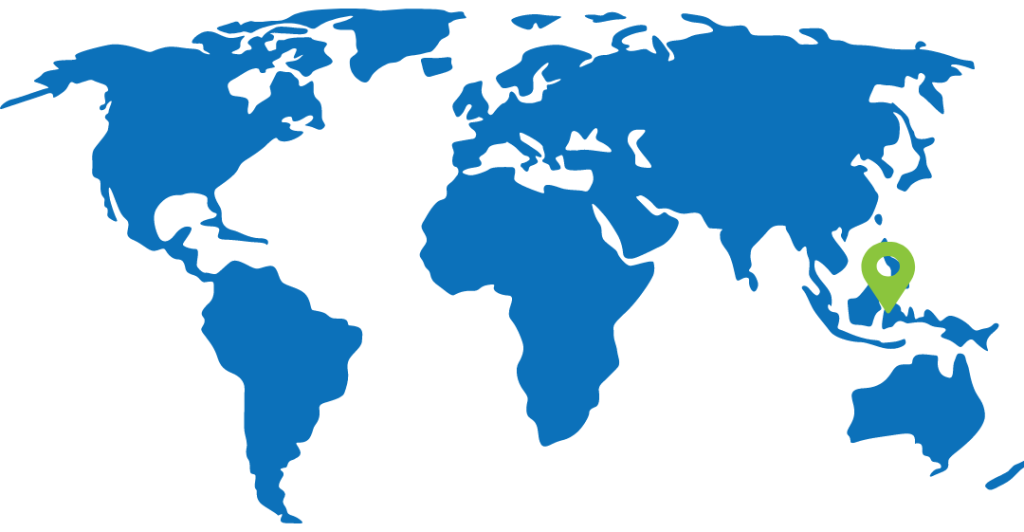Indonesia’s Ministry of Communication and Digital is preparing to overhaul the technical standards for land mobile radio telecommunication devices. This initiative is in accordance with Government Regulation No. 46 of 2021, which mandates that all telecommunications equipment manufactured, assembled, or imported for trade or use within Indonesia must comply with national technical standards. The revised standards aim to replace outdated regulations that no longer reflect current technological advancements in fixed and mobile radio communications.

Key Updates in the Draft Decree
The draft decree introduces significant technical updates intended to streamline compliance and align with international practices:
Updated EMC and Electrical Safety Standards: Electromagnetic compatibility (EMC) must now comply with CISPR 32 or ETSI EN 301 489, while electrical safety requirements align with IEC 60950-1 or IEC 62368-1.
Device Classification: Land Mobile Radio devices are reclassified into three categories—conventional, trunking, and private mobile radios. Each of the first two categories is further grouped into four types: handheld, mobile, base/repeater, and radio modem.
Frequency Limitations: The operating frequency bands are being narrowed to reflect realistic market offerings and the national frequency allocation plan (TASFRI). For example, UHF devices will now be limited to 300–470 MHz, excluding ranges such as 450–512 MHz.
Simplified Test Parameters: Testing will now focus solely on parameters critical to preventing harmful interference, including operating frequency, channel spacing, conducted output power, spurious emissions, and frequency error/stability. Parameters like temperature, impedance, and modulation will no longer be tested.
Internationally Aligned Test Methods: The decree incorporates global testing methods to facilitate alignment with international certification protocols.
Repeal of Existing Standards
The new draft regulation is set to replace several older decrees and regulations, including those covering analog trunking, HF/VHF/UHF radio communications, base stations, digital trunking radios, radio modems, and general technical requirements for radio communication devices issued between 1996 and 2009.
Public Consultation and Stakeholder Input
As mandated by Article 46 of Law No. 30 of 2014 on Government Administration, the Ministry is currently socializing the draft to gather feedback from stakeholders. Industry participants are encouraged to review and submit input before the decree is finalized.
For this article’s source information and any product certification guidance, please contact Global Validity.
Quick Country Facts
Indonesia
Certification Body:
- Previous Name: Direktorat Jenderal Sumber Daya dan Perangkat Pos dan Informatika Republik Indonesia (SDPPI)
- Current Name (As of Jan 2025): DJID (Direktorat Jenderal Infrastruktur Digital)
- Learn more about the agency name update here
Certification Type: Mandatory
License Validity: 36 Months
Application Language: English
Legal License Holder: Importer
In-Country Testing Requirement: In-Country Testing
The regulatory information above is based on radio type approval certification. Access additional certification requirements in over 200 countries and territories with Global Validity’s free proprietary product certification management software, Access Manager. Learn more about the platform here or fill our quick contact form!
Global Validity is your partner for global certification success
Want to learn more about regulatory compliance and how we can help? Simply fill out the form below and we’ll be in touch!
